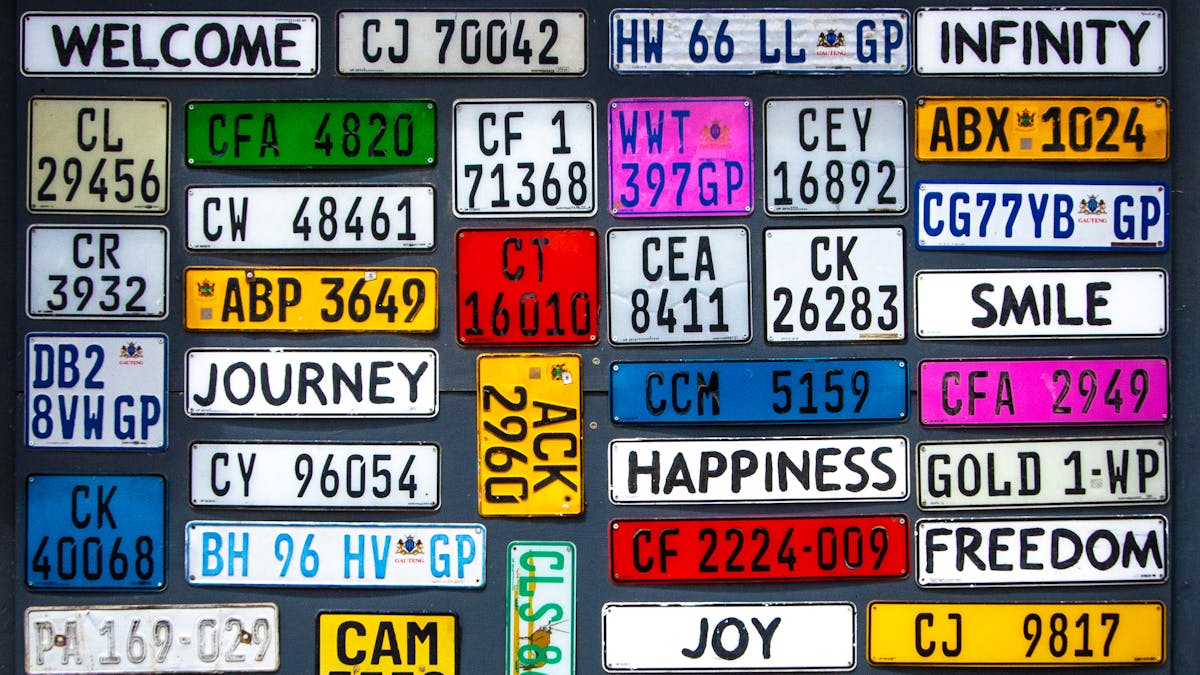There are a number of steps drivers must take to operate a vehicle legally, whether you live in Illinois or any other state in the U.S. The need for a city sticker is one of those rules that can be easy to overlook. But it’s important to know if and when you need one – along with a number of auto-related tasks – to avoid the risk of penalties while out on the road.
Items that drivers may need assistance processing include:
- Auto Titles
- Vehicle Registration
- License Plate Transfers
- Lost or Stolen Plates
- Parking Permits
But not every city or town requires a city sticker, which can cause confusion for folks who are just trying to follow the rules. Here are a few things to know about city stickers.
What Is a City Vehicle Sticker in the Midwest?
Many cities like Chicago issue vehicle city stickers to local drivers. The purpose of requiring these decals is to help fund local road work and conduct other necessary infrastructure projects. To sort through your requirements and be sure you have everything you need to operate a vehicle in the Midwest, visiting CFSC Auto Services online is a good place to start.
Do All Drivers Need to Have a City Sticker?
Not all cities require it, but if yours does you’ll need to buy it regardless of where you park. For instance, some Chicago suburbs have begun revoking city sticker requirements. Des Plaines is one of the towns that has taken such measures in recent years. Stay in touch with your local government if you want to know about changing laws in your area.
Can You Be Fined for Not Having a Sticker?
Check with your local municipality for information on fines, penalties, and any rules regarding city stickers. Not only do the rules change from place to place, but they can get updated periodically, and it’s important to know what the most current regulations are where you live and drive. For instance, Chicago may issue fines and late fees up to a maximum fine of $250, depending on the violation. However, amounts may be lower for seniors, drivers of alternative vehicles, and other groups.
Is There a Grace Period in Illinois?
Stickers expire after the last day of the month indicated on them, but there is typically a grace period for laws requiring vehicle stickers. In some places, they must be obtained within 30 days of moving to the city if you also drive there, and you could be charged a late fee if you purchase the sticker after the deadline. There may also be a grace period if you are caught driving with an expired sticker.
So, the answer is that there are grace periods if someone is late in obtaining a vehicle sticker, but it pays to be on time and get the sticker as soon as possible to avoid the stress of complications and possible penalties.
Can You Contest Tickets for Sticker Violations?
Not long ago, an Illinois Court ruled that the city of Chicago had improperly fined motorists for years, unfairly penalizing them for incorrect uses of city stickers. A class action lawsuit is pending, and it could result in tens of thousands of people being owed money. In any case, read the fine print on any ticket you receive and collect evidence if you suspect you have been ticketed or fined unfairly. Typically, improper tickets can be contested in writing or in court.
Take Care of Auto and Financial Services at Your Local CFSC
Driving can be stressful enough. Staying on top of your auto-related needs should not be. With dozens of storefronts throughout the Midwest, CFSC Auto Services can assist you with your vehicle title, registration and transfer needs. Our helpful assistants can answer any other questions you have about maintaining the proper documentation required by Illinois or the specific town where you live.
Call first, or stop by your nearest CFSC Auto Services location to take care of your auto documentation needs today!




